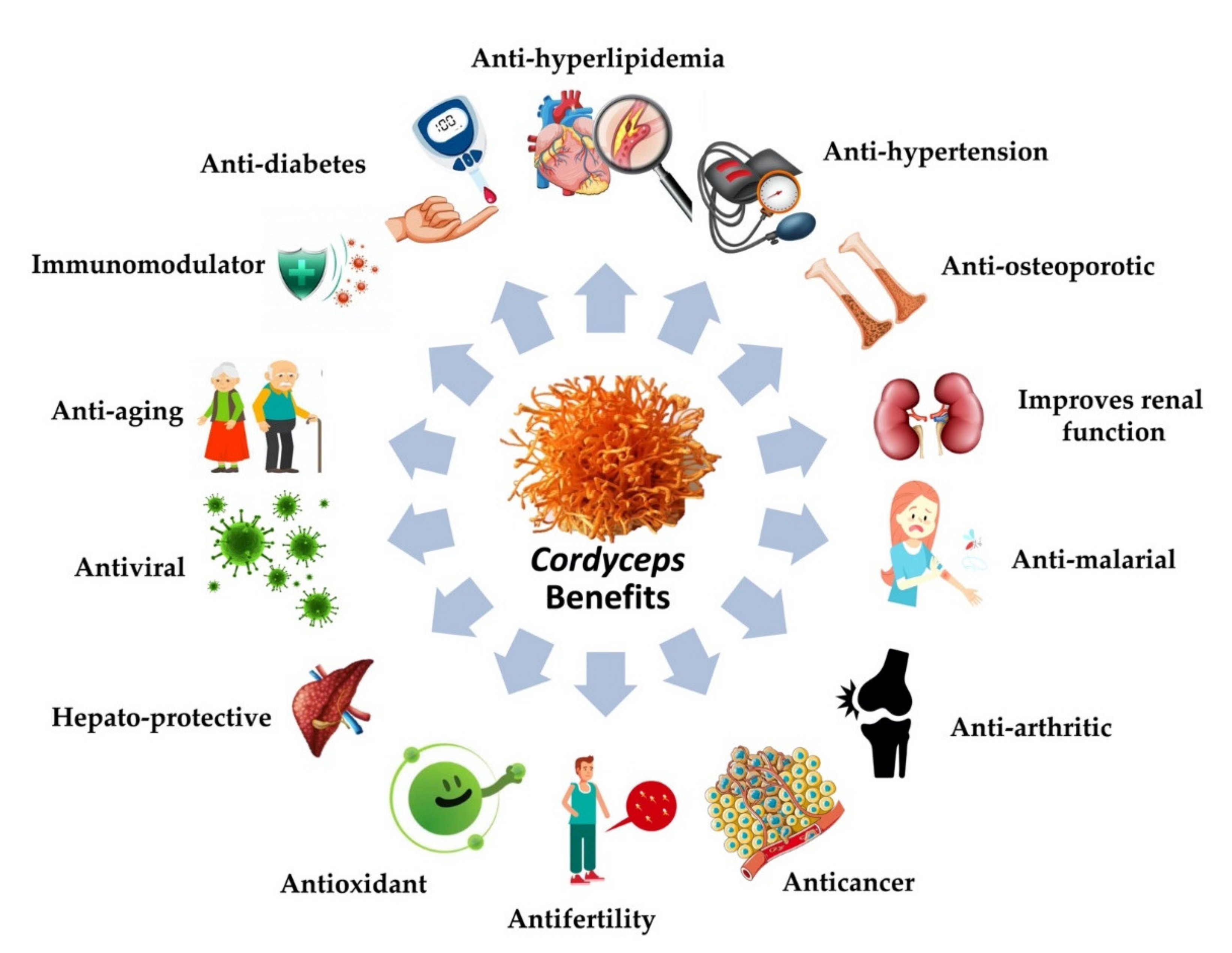Your Cart is Empty
- Bulletproof®
- BodyHealth PerfectAmino®
- Bioptimizers™
- Cymbiotika
- Neurohacker Collective (Qualia)
- Troscriptions
- KetoneAid
- Pendulum Therapeutics
- Heartmath
- Primal Collective™
- Layer Origin PureHMO®
- Kimera Koffee
- Oxford Healthspan
- True Dark
- Four Sigmatic
- Equanimity
- Peak Chocolate
- Good Fish
- Aeropress®
- MotherDirt







